Graham Reid | | 3 min read
Jimmy Cliff: Guns of Brixton
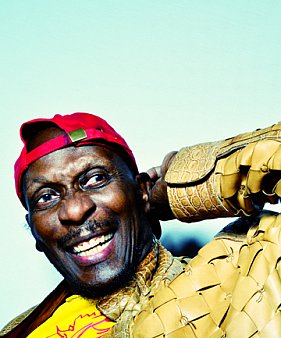
Jimmy Cliff – who cut such classic reggae singles as The Harder They Come, Many Rivers to Cross and You Can Get It If You Really Want It back in the Sixties and Seventies – says he has always been an outsider.
He was keen to collaborate with other artists and experiment with different genres whereas most reggae artists remained in a closed world. And in the context of Rastafarian-dominated reggae culture he was also a Christian who converted to Islam then explored other religions . . . and he has some rather outsider views on faith.
“In my life being an African descendant man cut off from my roots,” he says from his home in Jamaica, “I was always searching to find my roots. Early on I discovered that it's not to be found in Christianity so I dived into Islam and it was not to be found there. I looked into Judaism and Buddhism and all of them, but it was not to be found.
“They were classrooms I went through to learn what I need to know about me.
“The truth is that all of these religions started from Africa. The three monotheistic religions – Christianity, Judaism and Islam – all came from Abraham, he was a champion, and go right back into Egypt which is North Africa.
“The word 'Catholics' means 'cat' and 'holy', and the 'holy cat' is the sphinx in ancient Egypt. So all the answers point back to ancient Egypt or below the Sahara.”
Cliff – who comes to the Taranaki Womad in March – is on rather more sure ground when speaking about reggae and how his new album Rebirth, his first album in eight years and recorded with producer Tim Armstrong of Rancid, continues his line of socio-political reggae.
The album includes a dub-kissed cover of the Clash's Guns of Brixton – “one of those songs that will always be relevant if things don't change for the better” – alongside originals which are autobiographical (Reggae Music), political (Children's Bread) nod to the soul-punk crossover (Outsider) and are wrapped in a classic ska-reggae style which sounds beamed in from his early Seventies.
“Tim was inspired as a punk by reggae music so for him it was a great thing for us to work together, and for me it was inspiring to be with someone who understands reggae and who I have inspired.
“Reggae inspired punk because it was into social and political issues of the day and it's the same thing punk expressed, the talk of anti-establishment. A rebel stance indeed.
“On the new album I am still carrying the torch of social and political consciousness in a song like Children's Bread and many songs, that is not something I try to do. It is just a part of me.”
Cliff's early career was entwined with that of producer Leslie Kong – who died in 71 – whom he not only convinced to start a label but even gave it a name: Beverley, after Cliff's song of the same name.
“I got him started when I was 14 and so from that time we developed a confidence in each other. We had a chemistry and when you find that you should stick by it. He had a whole lot of ideas and was very inspirational and he was somebody you could bounce off.
“I don't really have that now but a producer I can bounce off is Tim Armstrong.”
Cliff, who achieved global fame as the rebel star of the film Harder They Come in 72, says although he has only done a few films since likes the idea of putting himself into another character, and even though there is a lot of downtime on a film set he can use the time to write songs.
“I always like to collaborate, put things together from different genres of music and perform in different genres. In not staying with the traditional. I was an outsider, but that's not a bad thing because . . . you see your thumb?
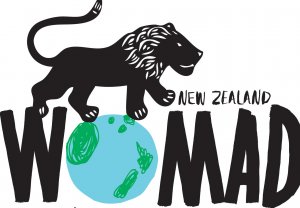 “You have five fingers on one hand
but the thumb is very far from the other four.
“You have five fingers on one hand
but the thumb is very far from the other four.
"But if you want to write the thumb is necessary, if you want to ball your fist, the thumb is necessary.
"You cannot do much with out the thumb.
“So that's not a bad thing being an outsider.”
For more on Womad 2013 artists at Elsewhere see here.


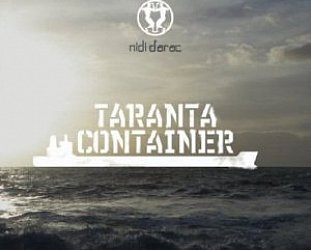

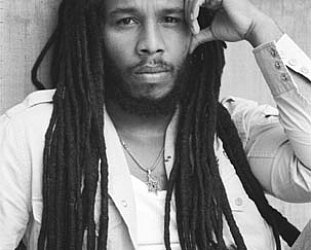
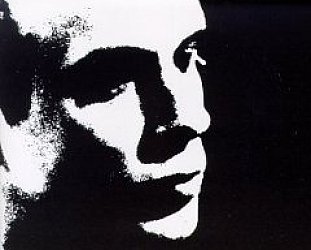

post a comment